Unit news
All ===> 10
Read here all the unit news in french.
-
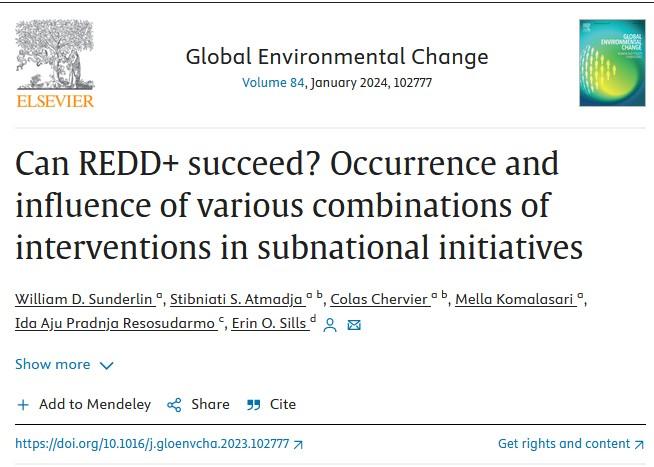
13/02/2024
The institutional predecessor of REDD+ is the Integrated Conservation and Development Project (ICDP), which combines restrictions on forest access and conversion (negative interventions) with unconditional direct benefits (positive interventions) to compensate local stakeholders for income losses due to these restrictions. The idea of REDD+ was to enhance the ICDP model with a different type of positive intervention: conditional direct benefits, often known as payments for environmental services or PES. How did this idea work out in practice?
-
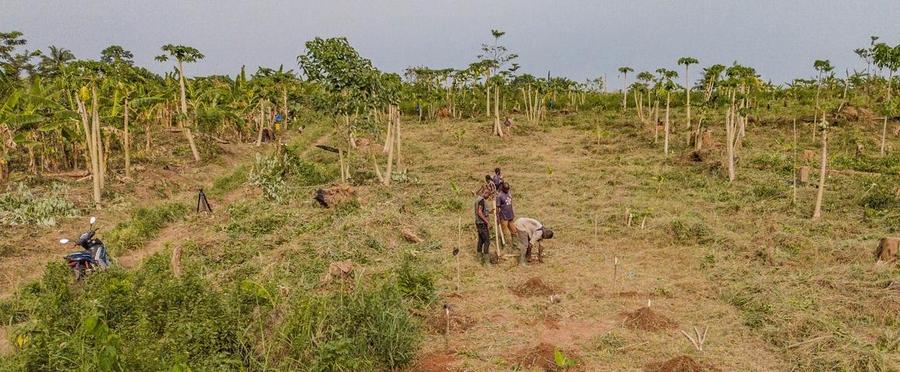
Soil underpins the proper functioning of ecosystems: lessons from Côte d'Ivoire
06/02/2024
Soil is more than just a support: it must be in good health if agricultural activities are to be established and survive. In Côte d'Ivoire, the Ministry of Agriculture has brought together farmers, political decision-makers and scientists to take practical action to ensure the sustainability of soil in West African forest landscapes. The participants put forward their recommendations on combating deforestation, reducing the use of pesticides and agroforestry.
-
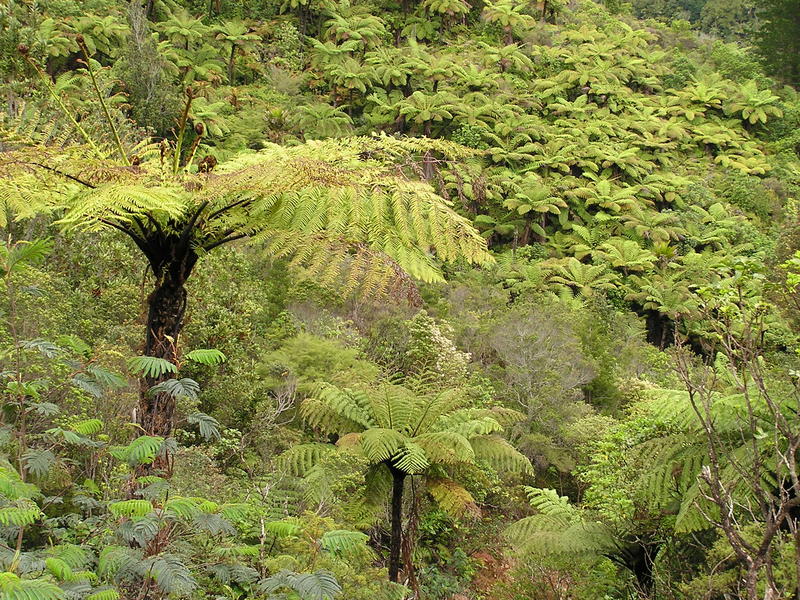
30/01/2024
Which of life traits and ecosystems are most important in structuring the distribution of native and exotic birds within landscapes? This question has been addressed by a number of researchers familiar with landscape ecology and ornithology on Réunion Island.
-
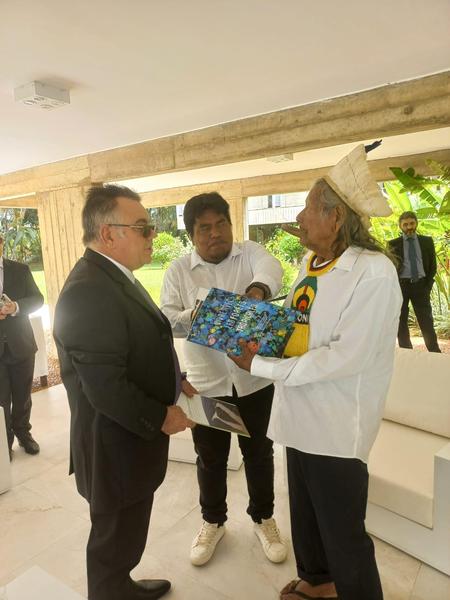
"Living with the rainforests" at the hands of cacique Raoni
23/01/2024
On the premises of the French Embassy in Brazil, CIRAD Regional Director Pierre Marraccini presented the cacique Raoni with a copy of the book "Living with Tropical Forests", written collectively by the Forests and Societies Unit, and in which a dedication in Portuguese had been inserted by Plinio Sist.
-
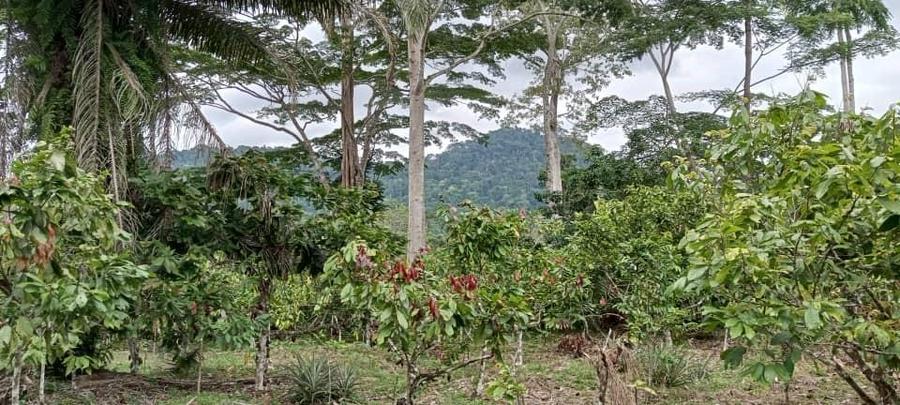
What are the criteria for "agroforestry cocoa" from Cameroon?
16/01/2024
Agroforestry cocoa has been the subject of much debate in recent years, but this discussion is almost always based on experiences in West Africa. Other agroforestry practices exist, such as in Central Africa, which need to be better documented to illustrate and enhance the diversity of agroforestry cocoa.
-

Stakeholder perspectives on the results of the jurisdictional approach in Sabah's forests
09/01/2024
The jurisdictional approach concept emerged in response to the widespread failure of sectoral forest conservation projects. Despite its growing popularity, it is difficult to understand the outcomes of jurisdictional approaches, as many are still at the formative or implementation stage. In addition, different stakeholders have different views on the exact objectives of a jurisdictional approach. It is important to disentangle these different perspectives, as it is important to have a common understanding of the outcomes in order to gain the necessary critical support. This is what Julia Su Cheng Ng, a doctoral student co-supervised by Colas Chervier, from the UPR Forêts et Sociétés and Alain Karsenty (UMR SENS), was faced with.
-
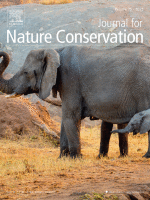
02/01/2024
Human-wildlife interaction is a complex issue with both positive and negative implications for humans and wildlife sharing the same habitat. The Wildlife Tolerance Model (WTM) can be used as a theoretical framework to determine the factors that affect tolerance towards the African savanna elephant (Loxodonta africana), chacma baboon (Papio ursinus) and spotted hyena (Crocuta crocuta) in indigenous Tonga populations of Zimbabwe.
-

Promoting agroforestry? Lessons from Côte d'Ivoire
26/12/2023
The emergence of agroforestry in Côte d'Ivoire has become a national priority. The country's agricultural sector generates 70% of export earnings, employs two-thirds of the working population and contributes one-third of GDP. However, this remarkable economic performance is based on cash crop farming, which is developing at the expense of natural forests, resulting in one of the most alarming rates of deforestation in the world.
-
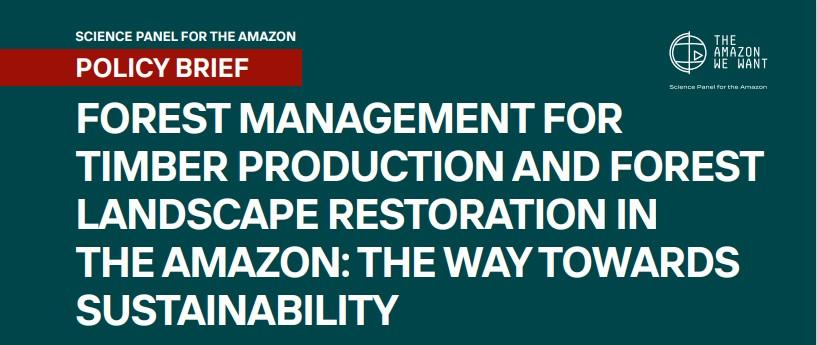
Revising logging regimes in Amazonia, but not only!
19/12/2023
A new forest policy note published by the Scientific Panel for Amazonia, launched at COP 28, highlights the need to revise logging regimes in Amazonia while promoting silviculture of secondary and degraded forests as well as mixed plantations with local species as part of forest landscape restoration programmes. Three cirad researchers from the Forêts et Sociétés unit (P. Sist, first author, and C. Piponiot) and the Ecofog unit (Géraldine Derroire) contributed to this forest policy note.
-
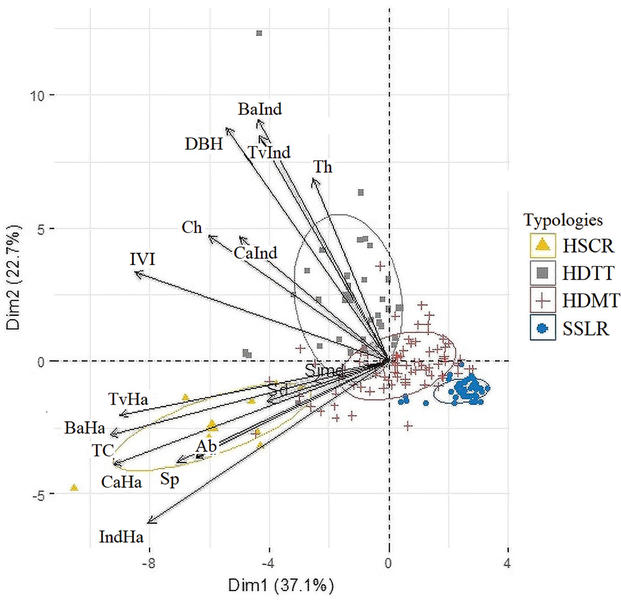
The capacity of silvipastoral systems to generate ecosystem services in the Colombian Amazon
12/12/2023
Livestock farming is certainly one of the main drivers of the transformation of natural landscapes in the Colombian Amazon, with negative impacts on biodiversity and the key ecosystem services provided by forest ecosystems. But is this always and everywhere the case? This is the question posed by a team of researchers coordinated by Marie Ange Ngo Bieng, from the UPR Forêts et Sociétés, the results of which have been published in the journal Ecosystems and People.
Nombre de pages : 53
Nombre éléments : 528
Page courante : 2
- First page
- Previous page
- 1
- 2
- ...
- 53
- Next page
- Last page
